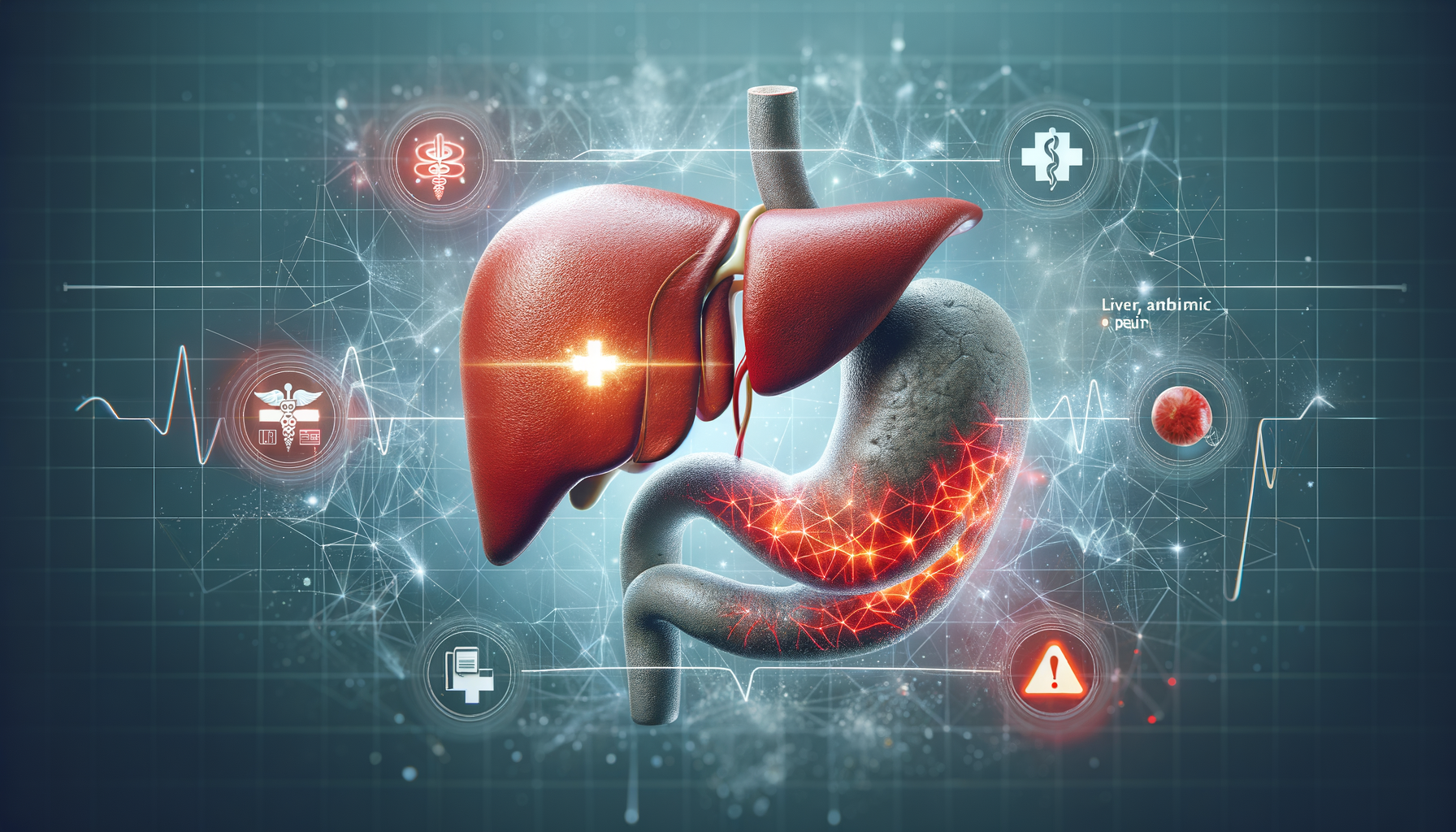
Abdominal Pain and Liver Health: When to Seek Emergency Medical Help
Introduction to Liver Health and Its Importance
The liver is an essential organ that plays a crucial role in maintaining overall health. It is responsible for various functions, including detoxification, protein synthesis, and the production of biochemicals necessary for digestion. Given its significant role, maintaining liver health is vital. Abdominal pain can be a common symptom related to liver issues, and understanding when to seek emergency medical help is crucial.
Liver health is often overlooked until symptoms become severe. Recognizing the signs early can prevent more serious health problems. This article explores the importance of liver health, common symptoms of liver issues, and when to seek emergency medical care.
Recognizing Symptoms of Liver Problems
Understanding the symptoms of liver issues is the first step in maintaining liver health. Some common symptoms include:
- Jaundice: Yellowing of the skin and eyes due to high bilirubin levels.
- Abdominal Pain: Particularly in the upper right quadrant of the abdomen.
- Fatigue: A persistent feeling of tiredness or weakness.
- Swelling: In the legs and ankles due to fluid retention.
- Nausea or Vomiting: Often accompanied by a loss of appetite.
These symptoms can be indicative of various liver conditions, such as hepatitis, cirrhosis, or fatty liver disease. It’s important to note that these symptoms can also be associated with other health issues, which is why medical evaluation is essential.
When experiencing these symptoms, especially if they are severe or persistent, it is crucial to seek medical attention. Early diagnosis and treatment can prevent the progression of liver disease and improve outcomes.
When to Seek Emergency Medical Help
While some liver-related symptoms can be managed with regular medical care, certain situations require immediate attention. Here are signs that indicate the need for emergency medical help:
- Severe Abdominal Pain: Intense pain in the upper right abdomen that does not subside.
- Confusion or Cognitive Changes: Sudden confusion, difficulty concentrating, or changes in mental alertness.
- Severe Jaundice: Rapid onset of yellowing of the skin and eyes.
- Bleeding or Bruising Easily: Unexplained bleeding or bruising may indicate liver dysfunction.
- Swelling in the Abdomen: Sudden enlargement of the abdomen due to fluid buildup.
These symptoms can be signs of serious liver conditions, such as liver failure or acute hepatitis. Immediate medical intervention is necessary to prevent life-threatening complications.
Understanding when to seek emergency help can be life-saving. If you or someone you know experiences these symptoms, do not hesitate to contact emergency services. Quick action can significantly affect the prognosis and recovery.
Conclusion: Prioritizing Liver Health
Maintaining liver health is crucial for overall well-being. Recognizing symptoms early and knowing when to seek emergency medical help can prevent serious health complications. Regular check-ups and a healthy lifestyle can support liver function and prevent disease.
By staying informed and proactive about liver health, individuals can ensure they are taking the necessary steps to protect this vital organ. Remember, when it comes to health, being cautious and informed is always the best approach.